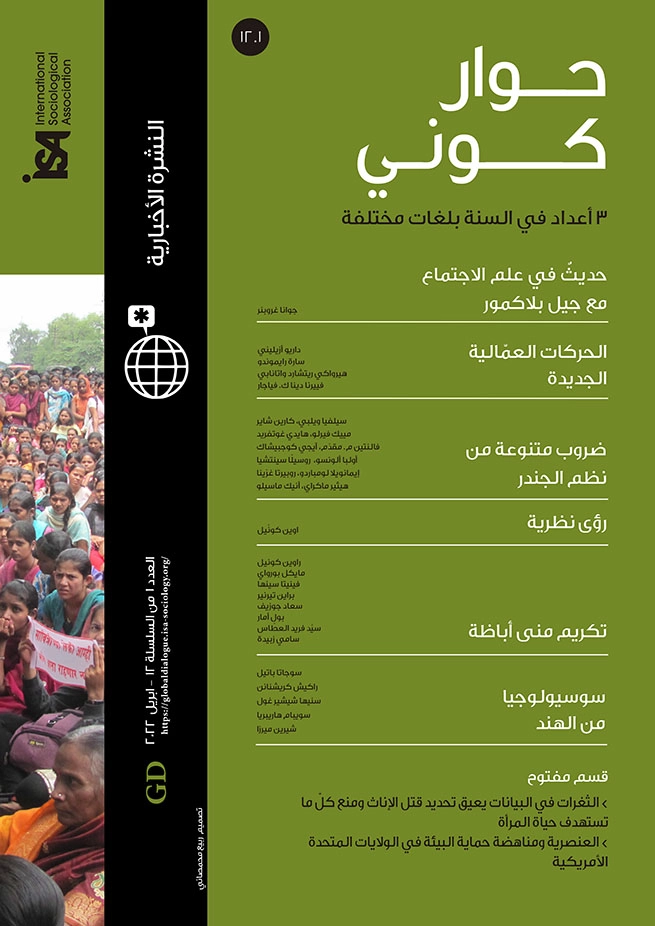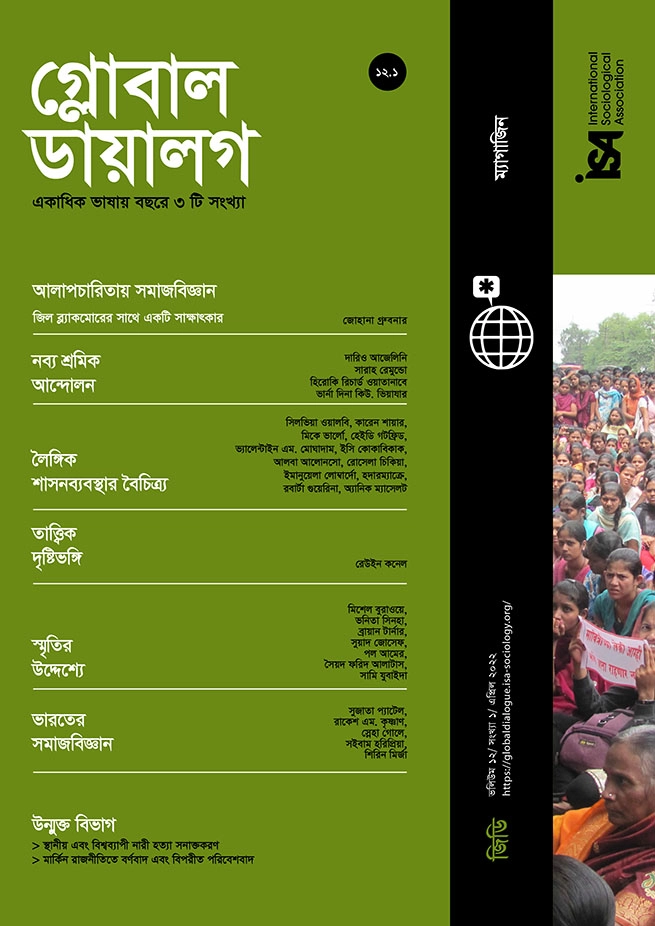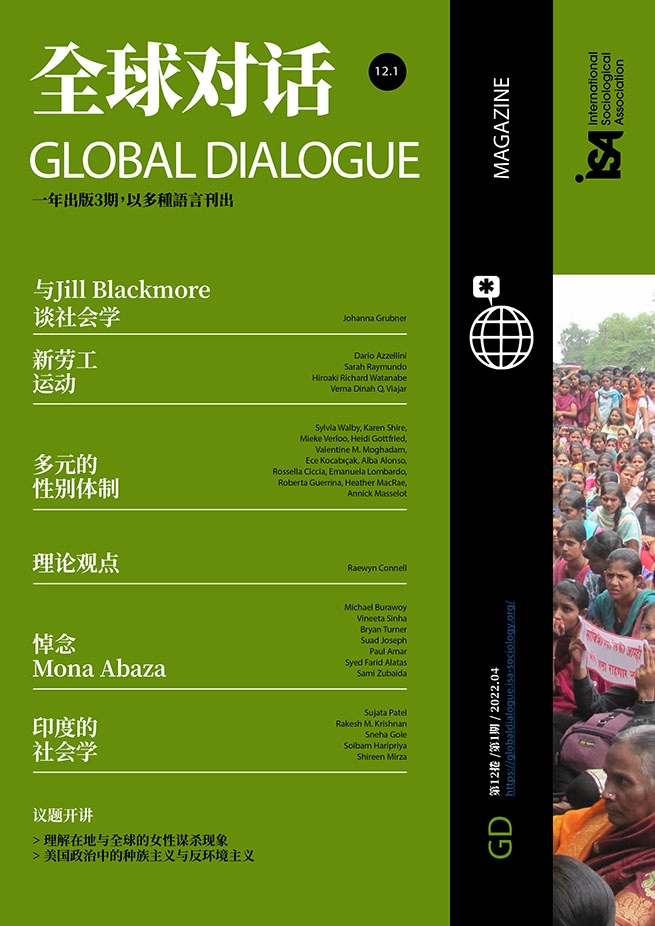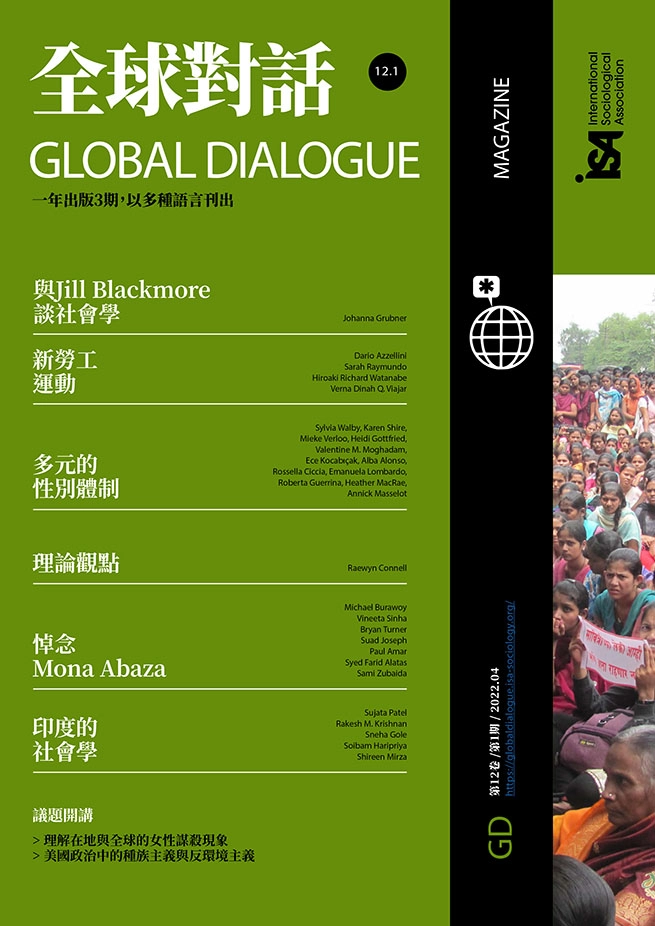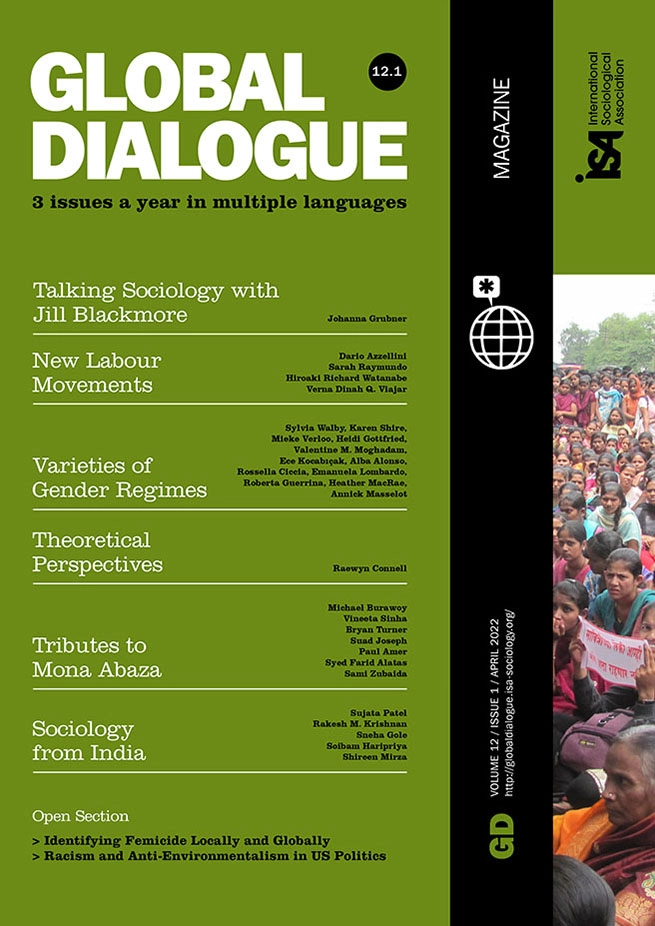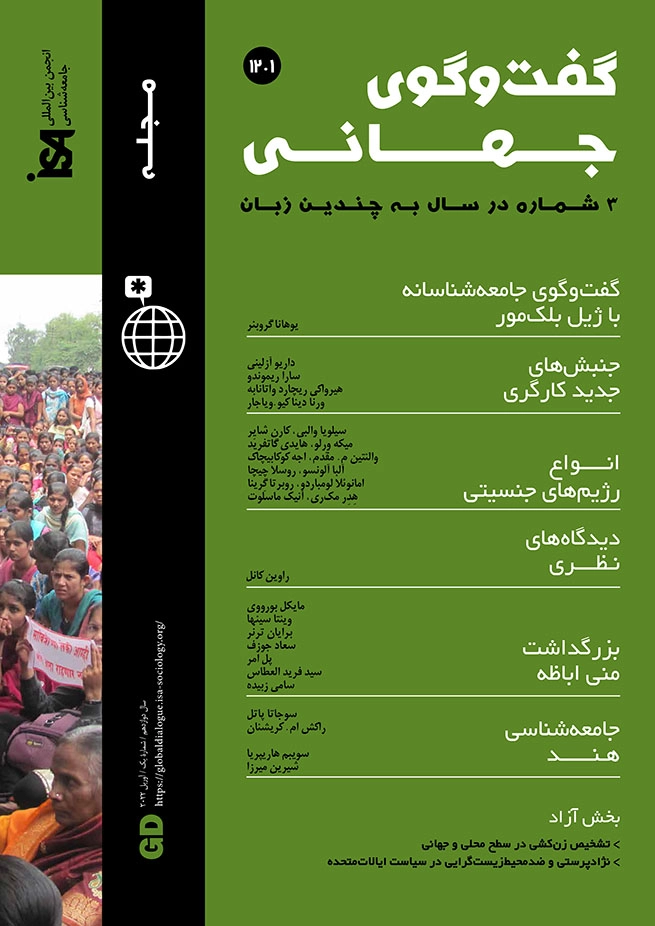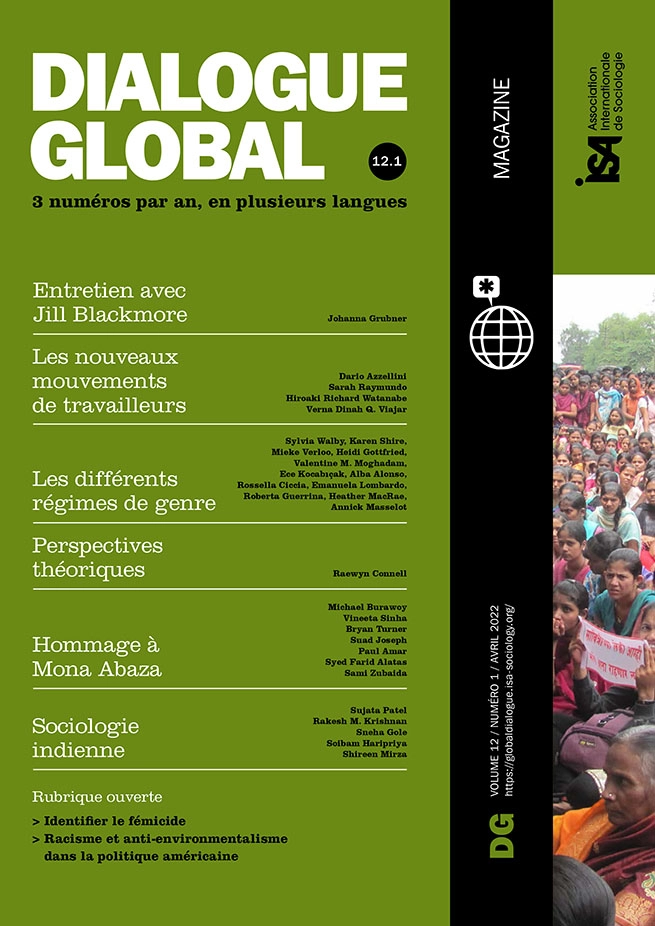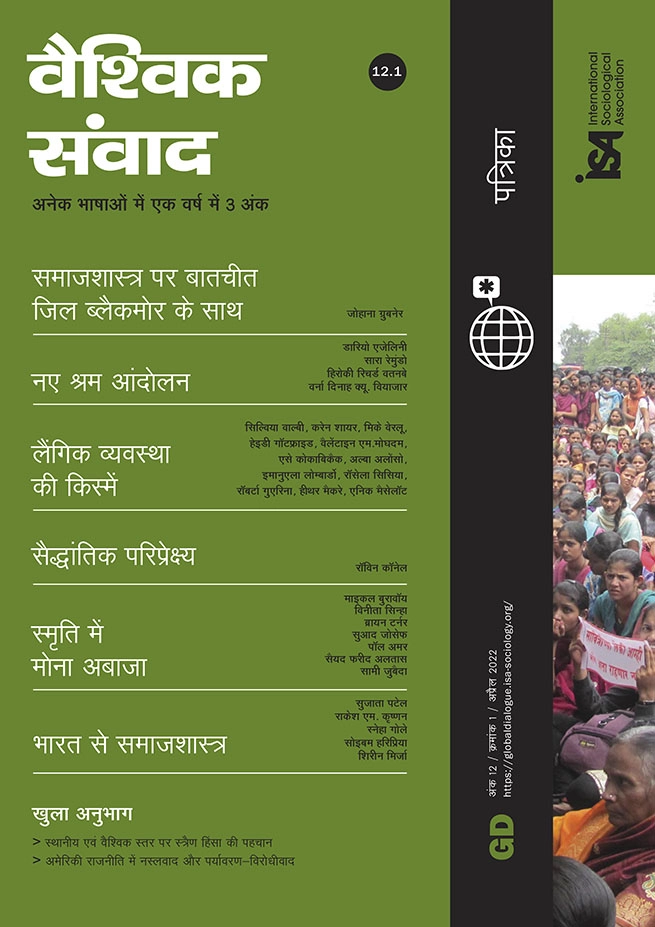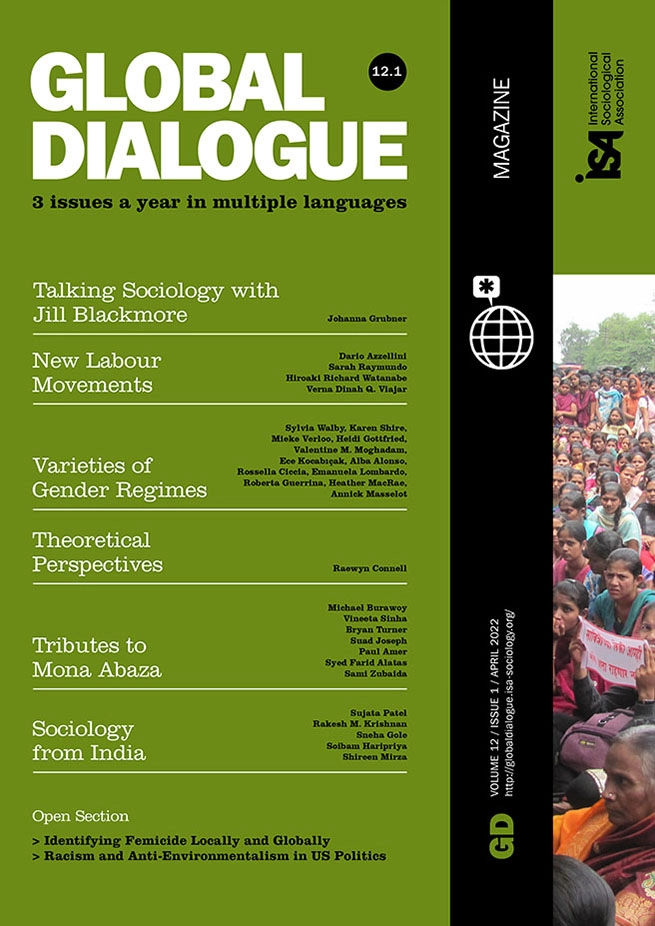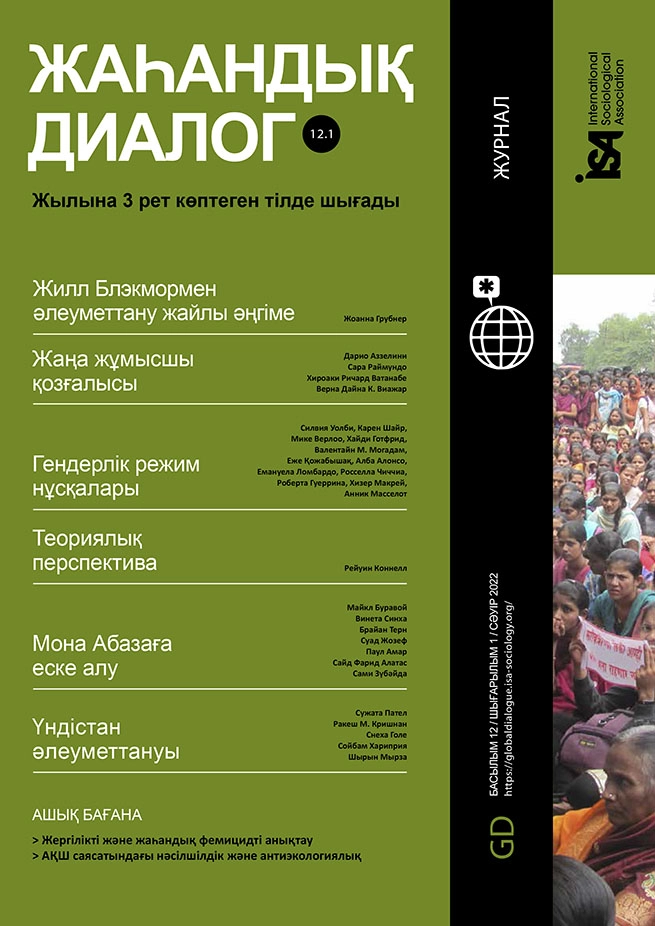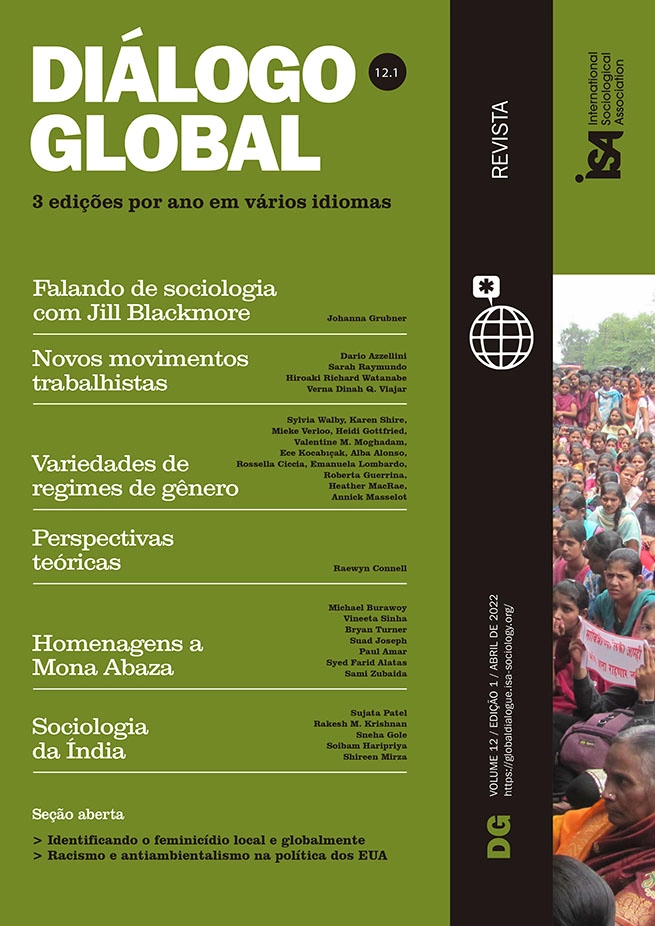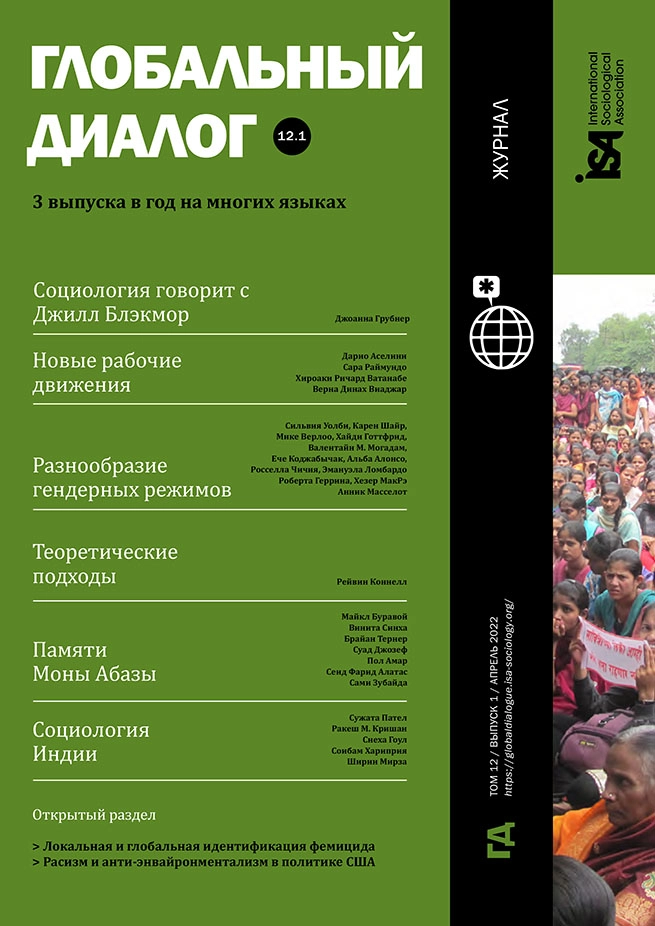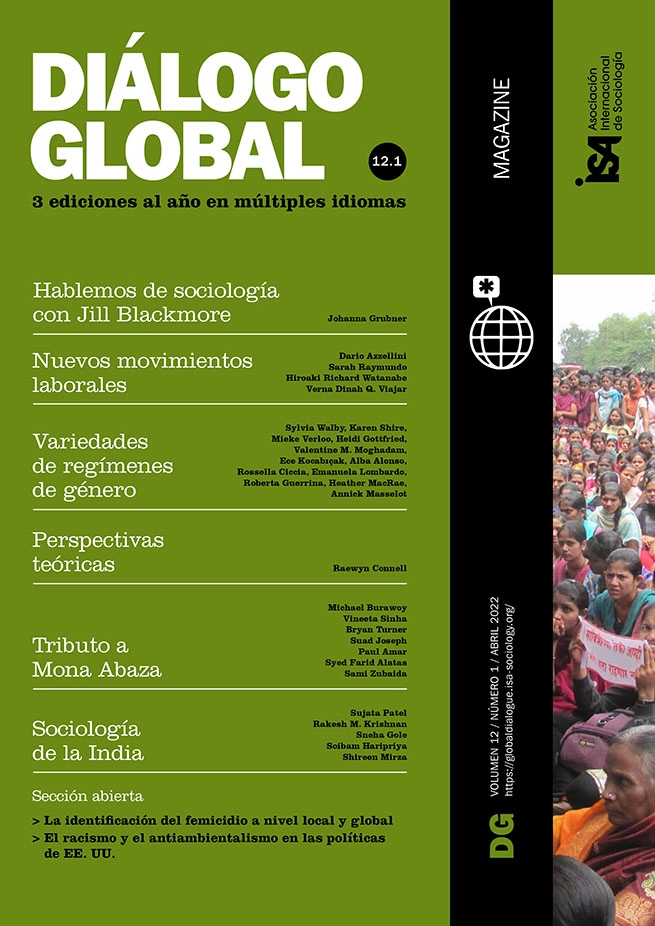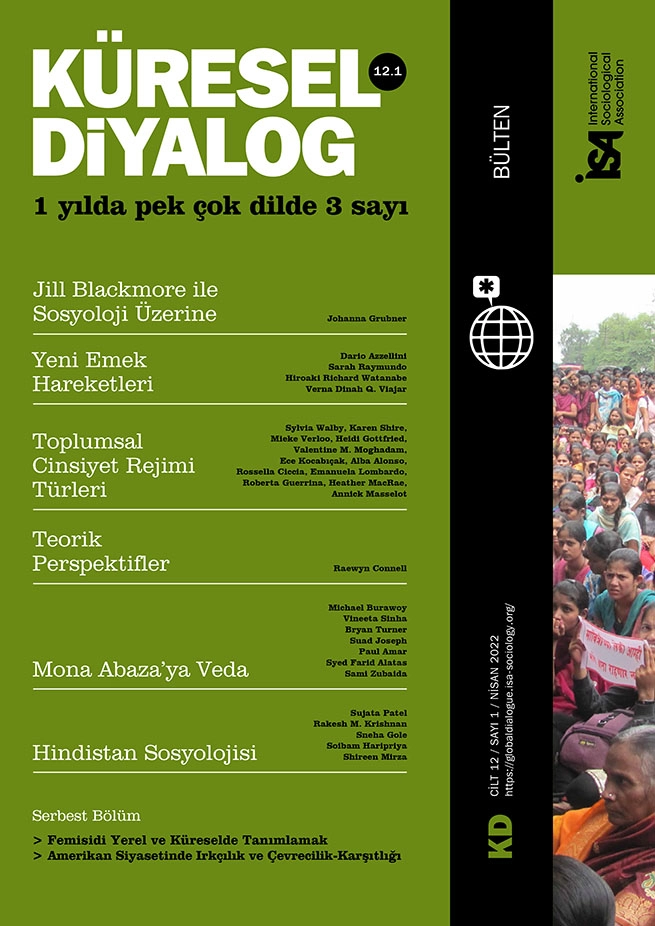Tributes to Mona Abaza (1959-2021)
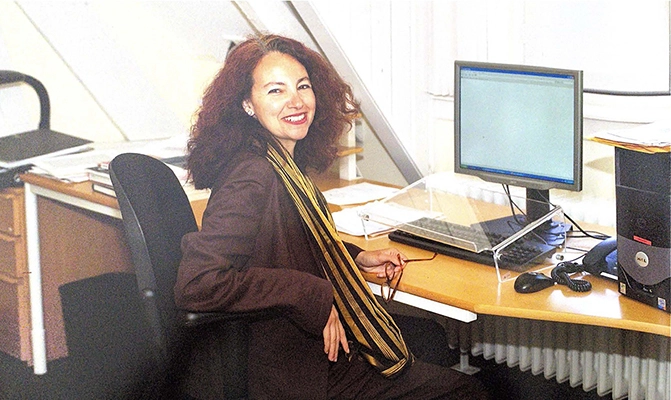
February 25, 2022
On July 5, 2021 the world lost one of its great sociologists. After battling with cancer for more than two years, Mona Abaza finally succumbed. To the end she was determined to live her life to the full, to the end she followed the ebb and flow of politics and the pandemic; to the end she followed the life of her friends. Suffering from interminable pain, having lost the functioning of several organs, she nevertheless continued teaching her students at the American University in Cairo from her bed in Berlin. Over her vibrant career, her writing ranged from women in rural Egypt, the relation between Islam and the West, urban consumer culture, to Egyptian painting and the Arab Spring.
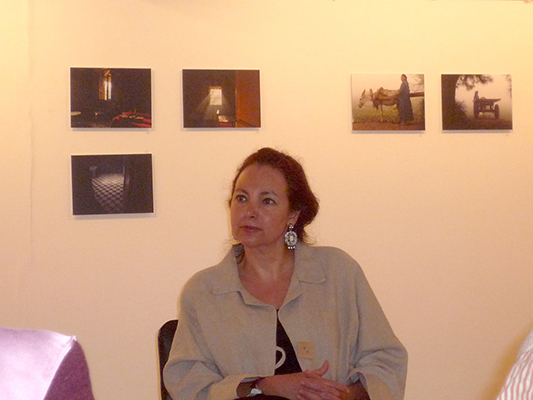
Her sociology was an art form brought to perfection in her last two books. The Cotton Plantation Remembered (2013) is a history of her family’s estate, beautifully photographed and lovingly narrated through the eyes and voices of its accountants, clerks, workers and peasants, drawn from conversations and interviews that stretched over several decades. Her last book, Cairo collages (2020) is a lyrical rendition of life in an impossible city during the decade after the January revolution of 2011. Vividly capturing dramas unfolding inside and outside her building in the heart of Cairo, this work of ethnographic genius revolves around the elevator with its ceaseless breakdowns and equally ceaseless attempts at restoration, a metaphor for the city as a whole – a magical mingling of utopia and dystopia.
Fluent in English, French and German as well as Arabic, she was the great connector, overflowing neat classifications – North-South, East-West, local-cosmopolitan – always generous and sympathetic to the plight of others. She was a close friend of Global Dialogue that published her accounts of the rise and fall of the Arab Spring, illustrated with her unforgettable photos, starting with “Revolutionary Moments in Tahrir Square,” moving on to “The War of the Walls,” “The Violence of Egypt’s Counter-Revolution” and ending with an interview on “The Fate of Post-Revolutionary Egypt.” Below we publish a few tributes from friends and colleagues.
Michael Burawoy, University of California, Berkeley, USA
Mona Abaza’s passing is a loss that’s impossible for me to register in words. I had known her since she spent time in Singapore during the phase of her Southeast Asian research. An exceptional sociologist, activist, feminist scholar – a mentor who inspired peers and students alike – whose passing has left an immeasurable void. Without doubt, her committed, incisive and passionate scholarship was pioneering. Her international standing as a respected global scholar was achieved in a period when academia around the world struggled to deal with histories of gender, racial and religious prejudices. Mona was indefatigable, exuding endless energy and a generosity of spirit – even as she faced personal struggles of her own. What I admired most about Mona was her vision of an inclusive humanity that was sensitive to histories of discrimination and lingering remnants of prejudice. She had the conviction and courage to speak up and act against the atrocities she witnessed. I interacted with Mona in recent years in meetings of the ISA in different parts of the world, where I continued to see her extend a simple humanity that spoke volumes about her care and concern, especially for younger and women scholars from the Global South. She was an inspirational role model and mentor as a feminist scholar committed to reconfiguring sexuality, gender, and power dynamics that continue to deeply mark our social worlds. Above all else, I will miss Mona’s twinkling eyes, her infectious smile and her willingness to always escape a dull conference session to steal a cup of coffee with a friend. Rest in peace Mona – you are deeply missed.
Vineeta Sinha, National University of Singapore, Singapore
Mona was a dazzling charismatic intellectual whose range of interests defy easy description. Her untimely death is a sad blow to friends, students, American University in Cairo and the wider academic world. I was fortunate in that my own life often intersected with Mona’s trajectory – Adelaide in Australia, Bielefeld in Germany, the Netherlands, Cambridge in England, Cairo and Singapore. She often published her work in Theory, Culture & Society – the leading British journal in cultural studies – but her research also encompassed such topics as the history of the cotton plantation in 2013. With a PhD from the University of Bielefeld in 1990 and a command of several languages, Mona was a true cosmopolitan whose work and life joined East and West. Many scholars of Islam often focus exclusively on the Middle East, whereas her own work from the beginning combined and addressed the interconnections between Egypt, Malaysia and Indonesia. Her first major publication – Debates on Islam and Knowledge in Malaysia and Egypt – in 2002 was light-years ahead of the field in her examination of the “Islamization of Knowledge.” The topic of course continues to grow in importance.
Bryan Turner, Australian Catholic University, Australia
I met Mona Abaza over twenty years ago, when I was housed in the same department while I was, for two years, the director of the University of California Education Abroad Program at the American University in Cairo. She seemed like a disappearing act to me then. She was so distinguished, so in demand, that she was constantly leaving to travel, by invitation, for keynote lectures and other honors. Moments of respite, when we had a chance to talk more leisurely, over dinner, at the home of mutual friends, she stunned me with her brilliance, her sociological insights, her passion for things of Egypt and of the Arab region. That critical commitment showed brightly during the 2011 protests in Egypt. As she, and millions of others, participated in one of the most hopeful moments of modern-day Egypt and of the Arab region, she stood out for her simultaneous political and scholarly engagement. What protestors crafted as a creative language of revolutionary communication, Mona took as a subject of study and inquiry – the graffiti that blared out on the walls of buildings surrounding Tahrir Square, as if they were bull horns calling people to speak out. She walked the square, daily, photographed the graffiti to record the voices of the uprising, marking an historical moment that captured the imagination, the hope, the spirit of the Egyptian millions. When I visited, she walked me around Tahrir, around the streets near the square, describing that creativity that struggle to speak and to be heard. She recorded. She documented. She registered. She transformed art into history. I was moved by her narration and her grasp of revolutionary struggle and her embrace of the will to empower the everyday Egyptian.
Years later, I and my co-editor, Zeina Zaatari, invited her to contribute to our Handbook of Middle East Women (Routledge). She was already ill. Yet, with pain, she wrote. We submitted the book for review, just weeks before she passed. She had disappeared. But we had her brilliant chapter. Her loving daughter, Laura Stauth, agreed to work with us on any needed revisions. Mona disappeared, again. But we have her. We have her in her writings that will be with us, always.
Suad Joseph, University of California, Davis, USA
Mona Abaza provides a global model for bridging the most disabling gaps in traditional West-centric sociology splitting rural from urban, economic subjects from faith subjects, and the material from the aesthetic. For this reason, Mona’s work is a revolution in the fields of sociology. In her hands an Egyptian synthesis becomes a vision for 21st- century sociology as a whole. The number of book monographs she has published is stunning. Each one offers a field-shaping contribution. Her urban sociology of consumer culture is enriched with economic anthropology of contentious and commodified spaces. Her rural sociology brings novel perspectives on gender and class through the comparative study of everyday Islam in different parts of the world (Malaysia, Europe, Middle East). Her sociology of art is infused with vernacular “street” perspectives, inventing reflexive methods for analyzing memory, mourning, and memorialization. These three field-shaping interventions intersect and propel each other in dynamic and inspiring ways. Mona was not only a scholar of great distinction; she was an incredibly generous mentor. Her classes were legendary, welcoming foreign scholars, shaping the department at the American University in Cairo, putting it on the map worldwide.
Paul Amar, University of California, Santa Barbara, USA
Mona was an exceptional scholar, a concerned and committed friend, and a wonderful person. Her passing has reminded me of the preciousness of close and warm friendships, without which scholarship can be meaningless and alienating.
To me, Mona’s scholarship, which covered many themes, was not just brilliant and insightful. It touched me in a very personal way. Her early research critically examined knowledge production in Egypt and Malaysia. This focus was unique and she was among the few scholars who had a serious interest in both her own region, the Arab world, and the Malay-Indonesian Archipelago. South-South research and the interactions it creates is much talked about today in the context of the decolonization of knowledge, but Mona was at it 30 years ago.
My most enduring memory of Mona is of the time that I spoke with her over the phone in 2020. She was undergoing treatment in Berlin. Despite her own serious illness, she had the presence of mind and concern to ask about a mutual friend in Singapore who was also very ill. Mona was a serious and impactful sociologist, and a kind mentor. But I remember her best as a lovely and compassionate person. Farewell, Mona, and may you journey with ease in the next life.
Syed Farid Alatas, the National University of Singapore, Singapore
I knew Mona over many decades, from her student days, then encounters in various European locations, Germany, Holland, Sweden where she pursued her multi-faceted scholarship. Her company and conversation were always such a pleasure of conviviality and humor, whether over drinks in Leiden, or sightseeing in Lund. I followed the stream of her diverse projects over the years with great interest and pleasure. I was especially drawn to her vivid portrayal of Egyptian life and events, at once analytical and personal, bringing to life the ups and downs of urban life, from shopping malls to residential blocks to the trials of commuting and moving around the city, always with subtlety and wry humor, urban ethnography at its most profound. The most remarkable was the passionate chronicling of the events of Tahrir and what followed, including her pioneering studies of graffiti. And not just the urban: her memoir of her family’s ’izba and village, The Cotton Plantation Remembered, chronicling the transformation of rural life, is a fine example of combining biography and history. And most notable in Mona’s various ethnographies is her photography, an added dimension of insight and artistry. Mona’s passing, too early, is such a loss to us all, and to the rich fields of scholarly endeavor.
Sami Zubaida, London School of Oriental Studies, UK
Major books published by Mona Abaza:
- Debates on Islam and Knowledge in Malaysia and Egypt, Shifting Worlds. Routledge Curzon Press, UK, 2002
- Changing Consumer Cultures of Modern Egypt: Cairo’s Urban Reshaping. Brill-Leiden co-published with AUC Press, 2006.
- Twentieth-Century Egyptian Art: The Private Collection of Sherwet Shafei. The American University in Cairo Press, 2011.
- The Cotton Plantation Remembered: An Egyptian Family Story. The American University in Cairo Press, 2013.
- Cairo collages. Everyday life practices after the event. Manchester University Press, 2020.

